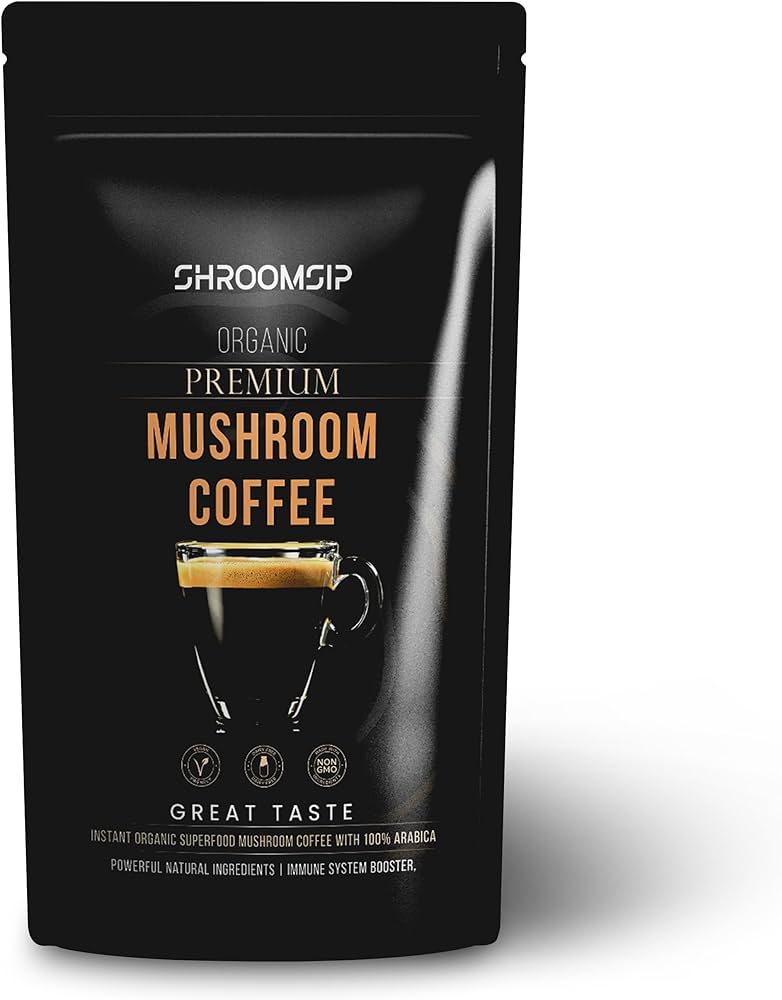Blog
Does Mushroom Coffee Give You Energy?
Coffee has long been a go-to drink for people seeking energy and focus boosts, as caffeine does have some positive benefits on our brains, but can cause anxiety or an upset stomach for those sensitive to its effects.
Enter mushroom coffee: an innovative alternative to traditional coffee that blends mushrooms with caffeine for a delicious superfood-infused morning cup. Its popularity is on the rise, with brands like Four Sigmatic offering mushroom blends that promise everything from mental clarity to heart health benefits. But does mushroom coffee work and provide natural and sustainable energy boost?
There is little scientific research backing the health claims made by mushroom coffee purveyors. Although mushrooms themselves can be healthful, it seems unlikely that drying, extracting and brewing them into coffee-like beverages would preserve all their beneficial properties.
Mushroom coffee blends can vary, but one thing they all have in common is less caffeine than traditional cups of coffee. Mushroom coffees sold today typically combine regular and mushroom extract coffee in equal parts for maximum effect; typically offering around half the caffeine per cup as its counterpart – making focusing easier during the day, and helping sleep more soundly at night.
Mushroom coffee can be gentler on your digestive system than standard cups of coffee due to its reduced caffeine content and use of arabica beans, which are less acidic and digestible than regular beans. Some mushroom coffee blends may even incorporate medicinal mushrooms that boost immune functions – further helping your body ward off illness and stress.
Mushrooms are known for their adaptogen and anti-inflammatory properties, making them perfect for relieving stress and strengthening immunity, making it easier to stay focused and productive throughout the day. Furthermore, many common mushroom varieties found in mushroom coffee (such as lion’s mane or cordyceps) contain nootropics that can enhance memory retention and cognitive performance.
Mushroom coffee may still contain a moderate level of caffeine, which could still be an issue for certain individuals. If you are particularly sensitive to caffeine, even the lower dosage in mushroom coffee could trigger negative side effects such as an upset stomach or rapid heartbeat. Furthermore, pregnant and breastfeeding women must limit how much caffeine they consume as too much caffeine can increase miscarriage risk or low birthweight/size in newborns.





